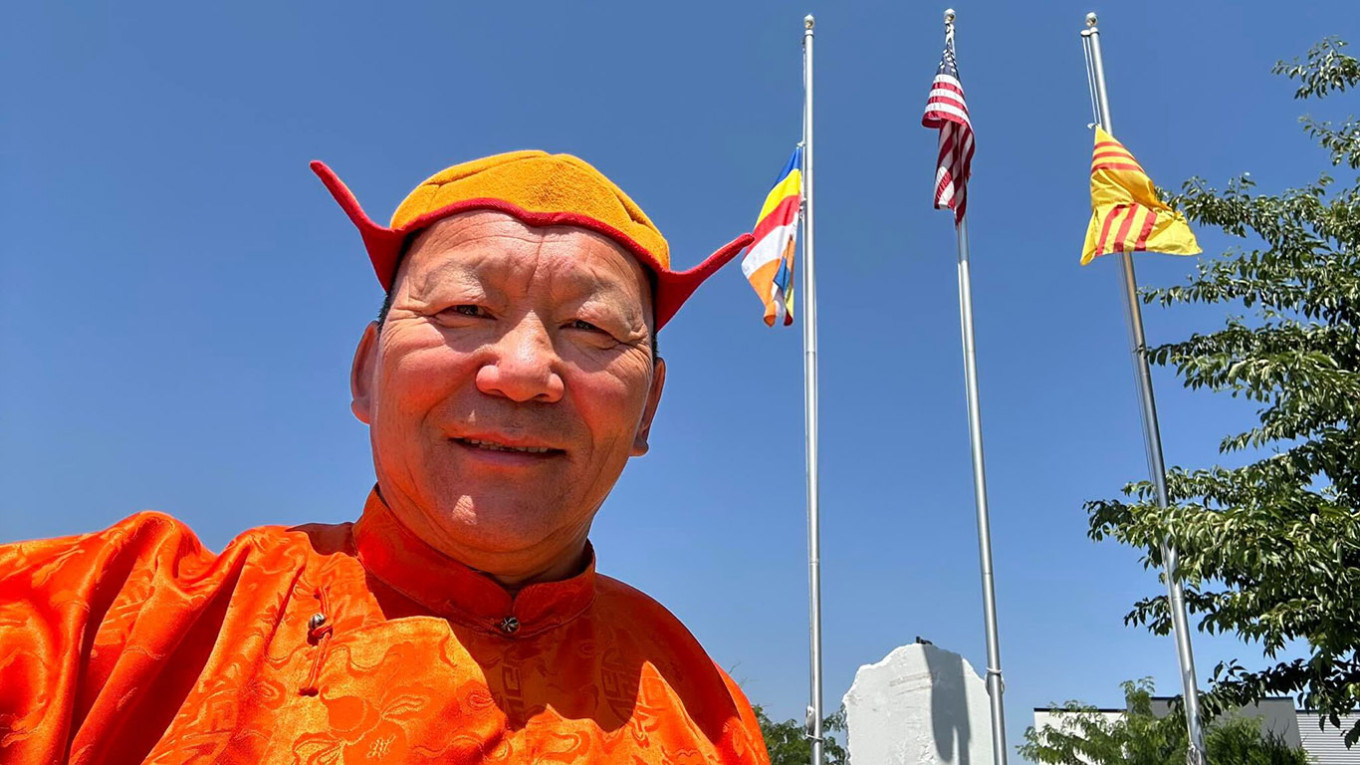Lama Baldan Bazarov, a former head of a Buddhist community in Russia’s Buryatia region, left his homeland after denouncing the 2022 invasion of Ukraine. He is one of the few Buddhist clerics to openly oppose the war. Now living in the United States, Bazarov shared insights about his anti-war stance and why many Russian Buddhist leaders support the conflict.
Developing an Anti-War Stance
Bazarov revealed that his anti-war views stem from his upbringing, where peace was emphasized. He criticized Russian President Vladimir Putin’s policies, stating that the annexation of Crimea in 2014 intensified anti-Ukrainian sentiments among Russians. This growing hostility prompted him to defend Ukraine in debates and eventually leave Russia to avoid suppression of his beliefs.
Adjusting to Life in the U.S.
Since moving to the United States, Bazarov has taken on various jobs, including construction, hospitality, and delivery, to sustain himself. He expressed relief at living in a warmer climate and highlighted the importance of having a stable living situation.
Understanding Pro-War Positions Among Russian Buddhist Leaders
Bazarov explained that loyalty oaths to the Russian state, a practice dating back to the Tsarist era, influence the pro-government stance of some Buddhist leaders like Damba Ayusheev, head of Russia’s Buddhist Traditional Sangha. He noted that while some clerics are coerced into compliance, others openly support the war, contradicting fundamental Buddhist teachings.
Silent Opposition Within the Clergy
Bazarov acknowledged that many Buddhist leaders in Russia oppose the war privately but fear reprisals if they speak out. Telo Tulku Rinpoche, the former Supreme Lama of Kalmykia, publicly condemned the war and fled Russia, setting an example for those who oppose the invasion.
Public Sentiment Among Buddhist Believers
While some Buddhist followers echo Ayusheev’s pro-government stance, others struggle to reconcile the war with Buddhist principles. Bazarov highlighted the historical pressures on Russian Buddhists, who faced severe repression during Soviet times, shaping their current cautious approach to dissent.
Media Influence and Clergy’s Vulnerability
Bazarov attributed the support of some clergy for the war to the pervasive influence of pro-Kremlin propaganda, noting that Buddhist leaders, like ordinary citizens, are susceptible to the narratives of state-controlled media.
In his concluding remarks, Bazarov emphasized the human nature of the clergy, acknowledging that their decisions often reflect the challenges of navigating a complex political and social landscape.










